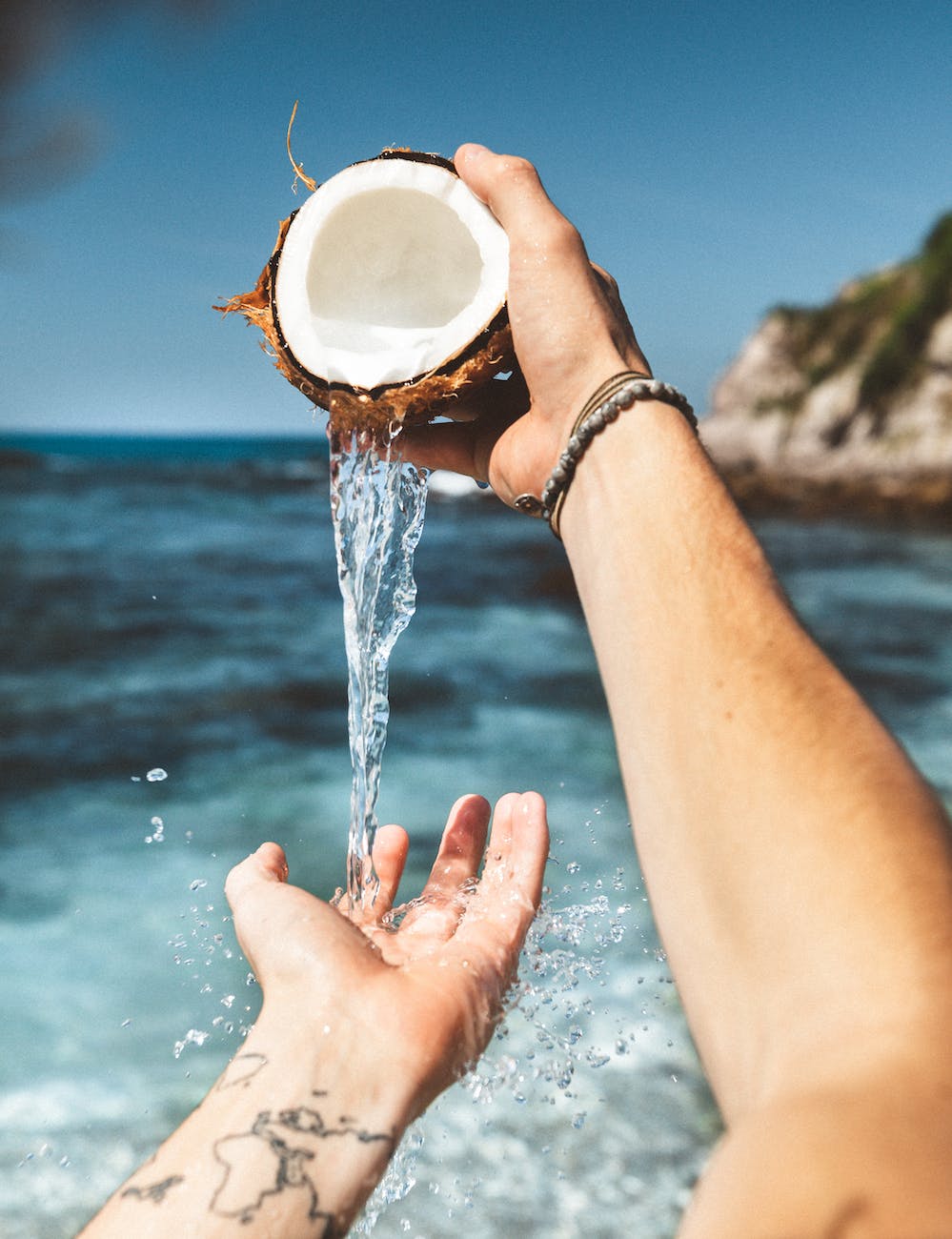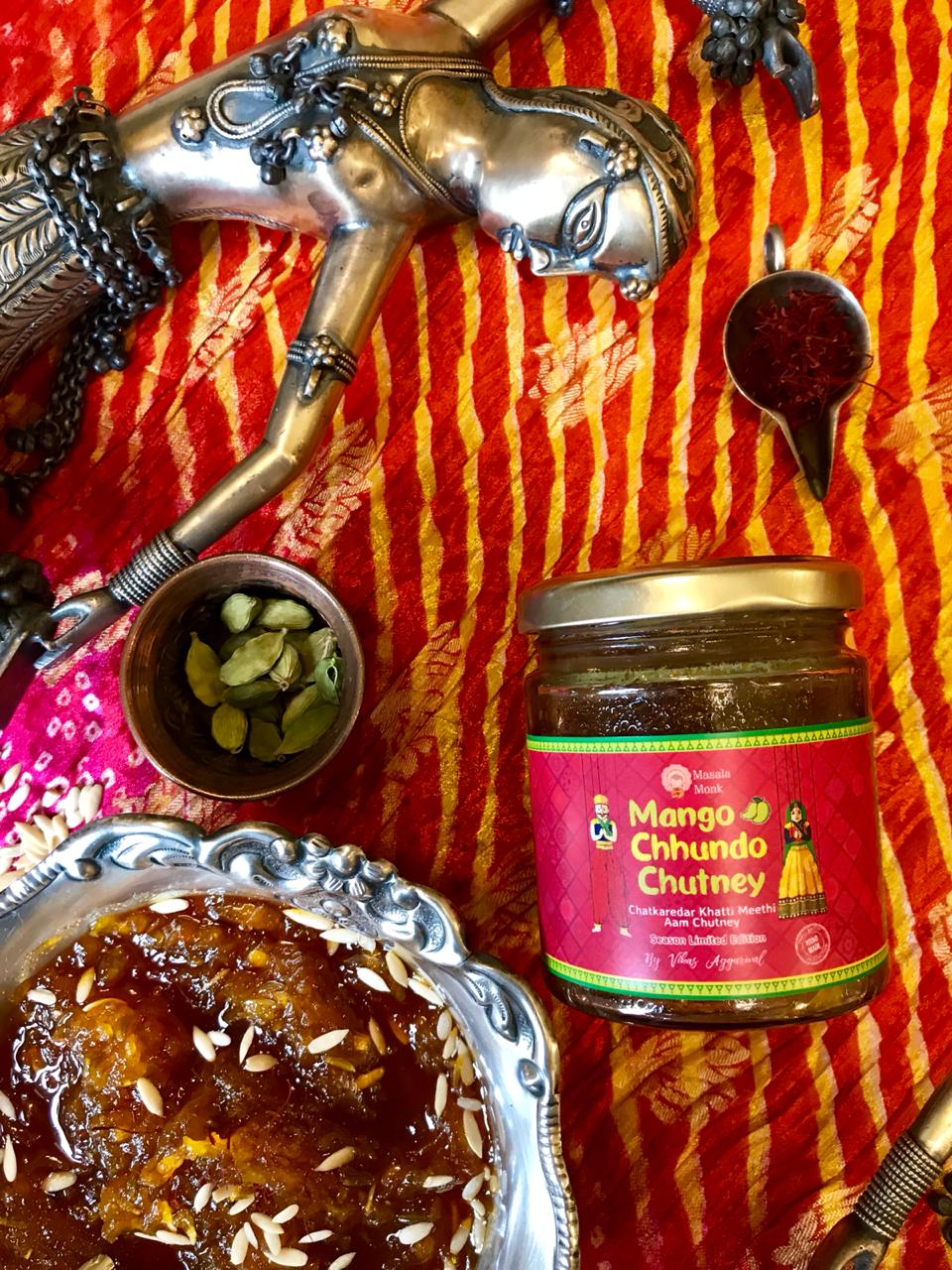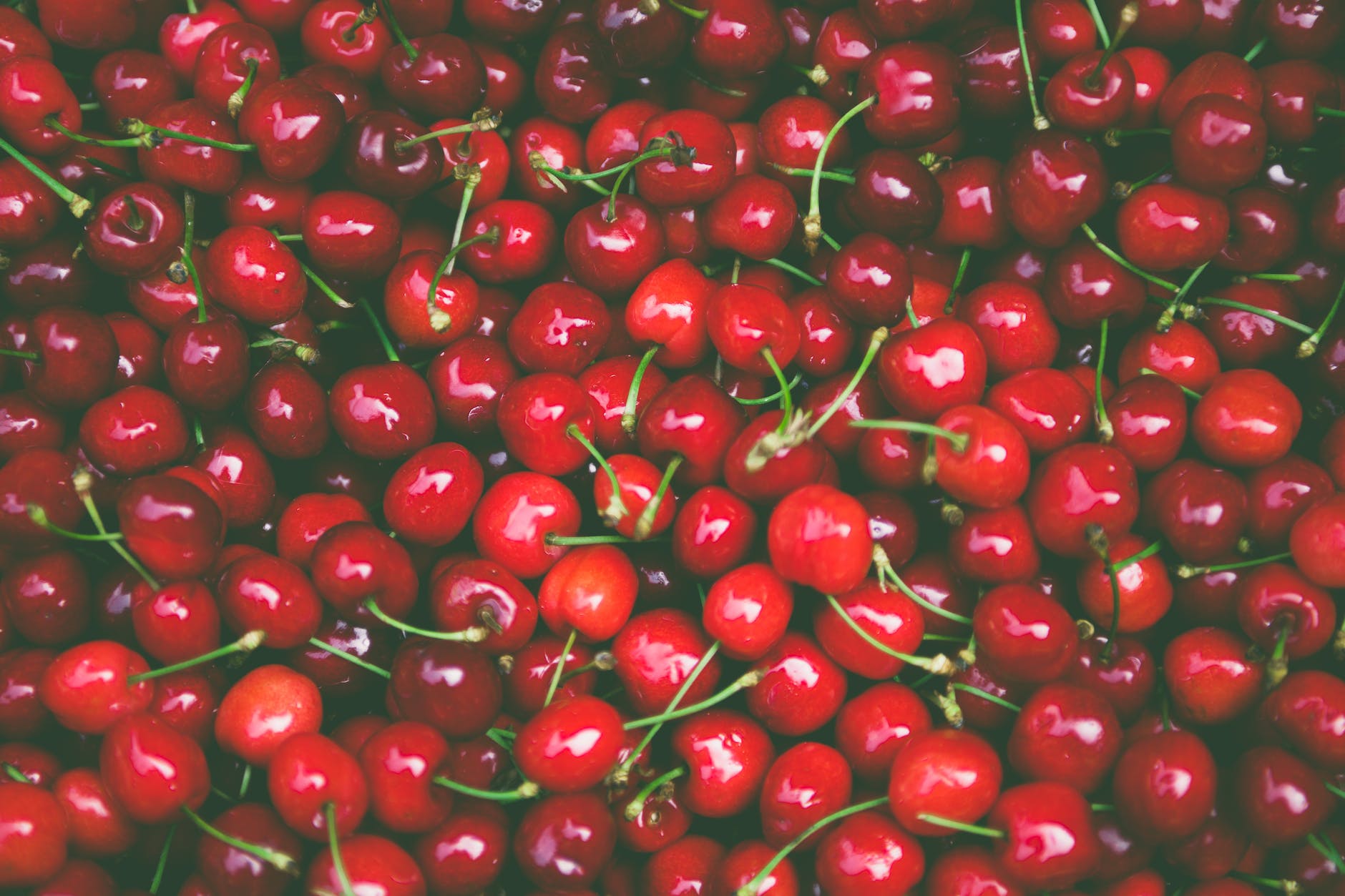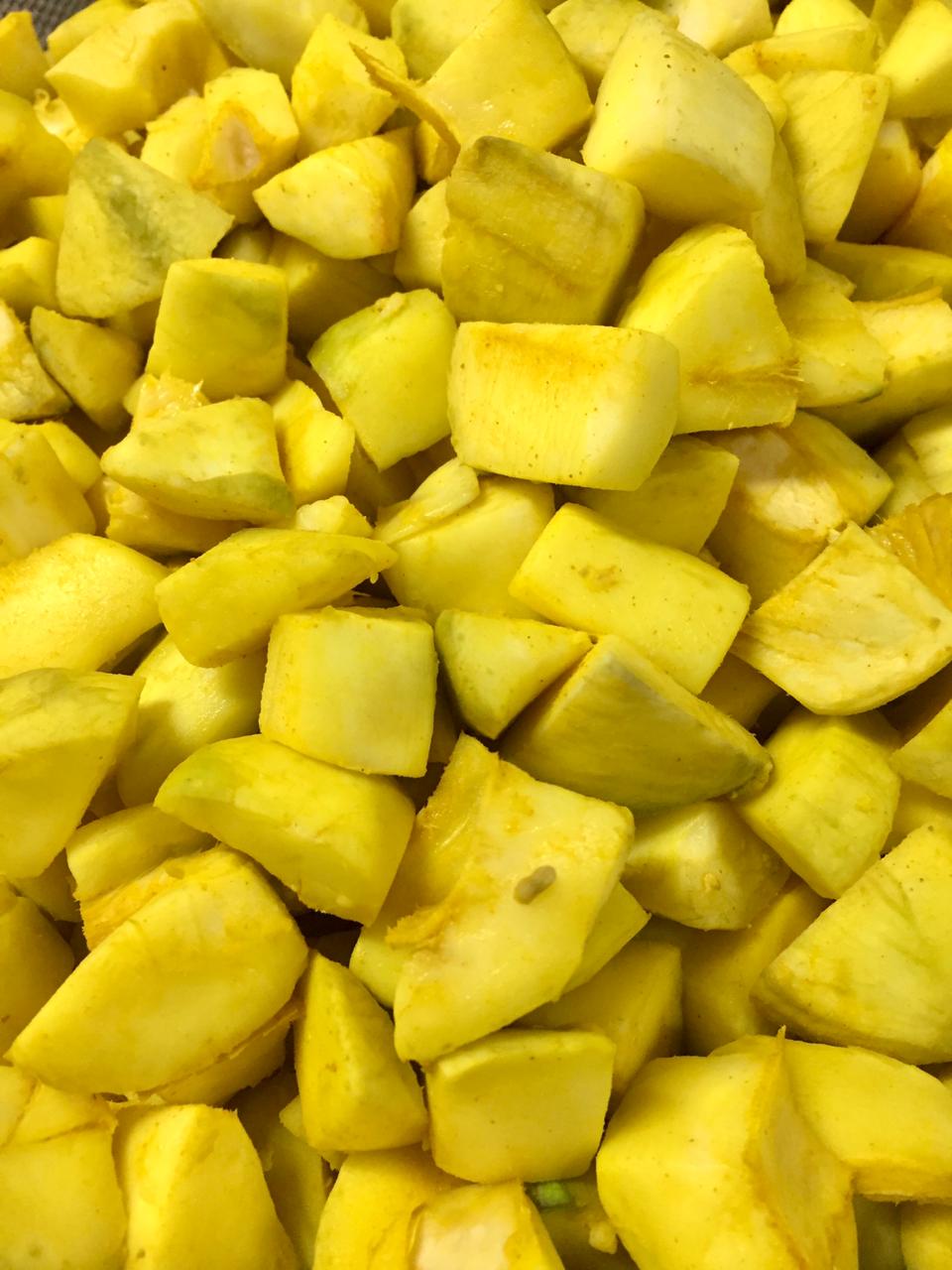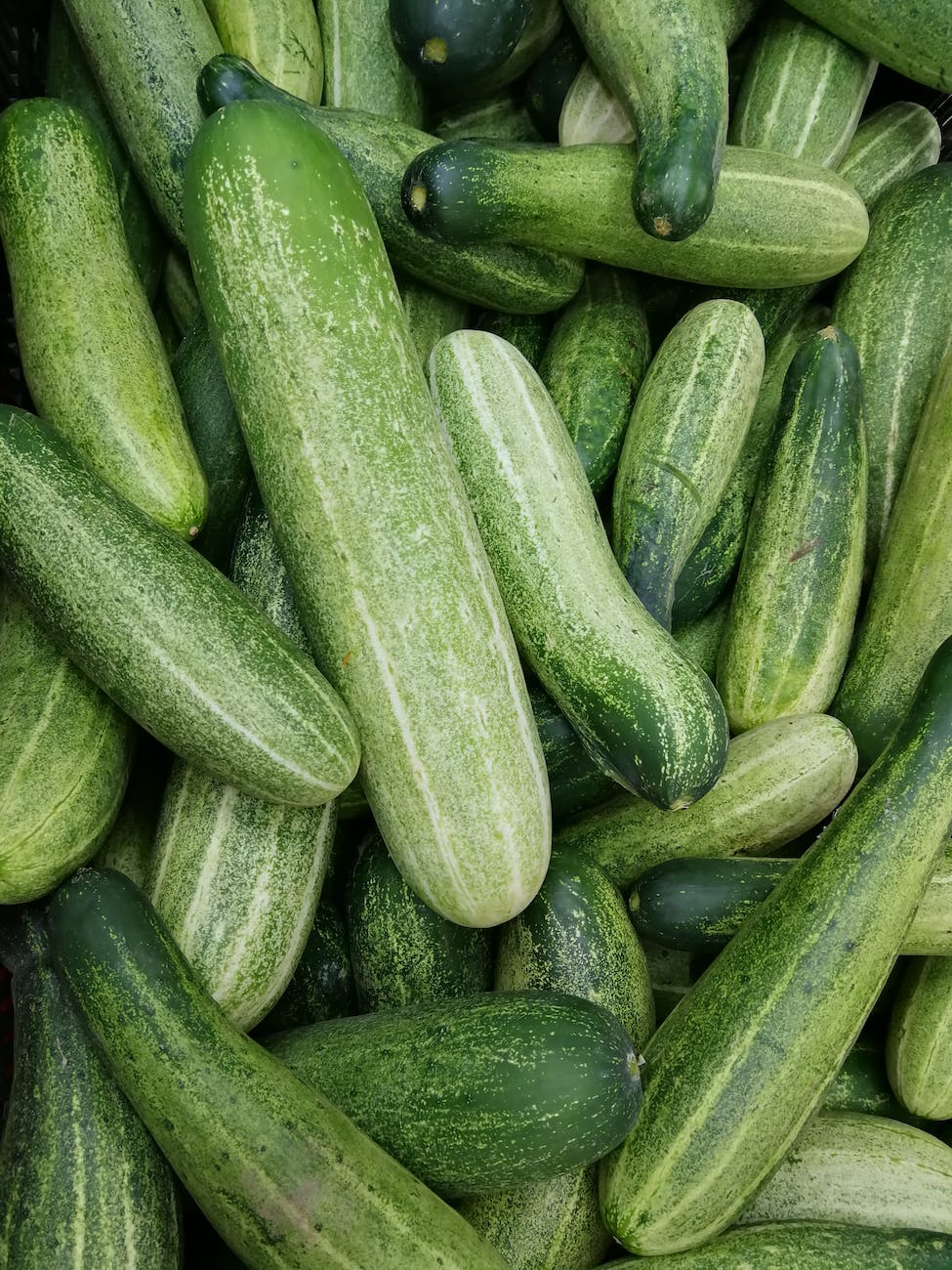
Hey there, cool and refreshed souls! Are you ready to beat the heat and stay hydrated with a burst of cucumber-infused electrolyte quenchers? 🥒💦✨ Get ready to embrace the revitalizing power of cucumbers as we dive into a world of refreshing and hydrating drink recipes that will keep you cool, replenished, and ready to conquer those sunny days! 🌞🍹🌿
What are Electrolytes?
Electrolytes are minerals that carry an electric charge and are essential for various bodily functions. They help balance the amount of water in your body, balance your body’s pH level, move nutrients into your cells, and remove waste from your cells. Electrolytes also help ensure that your nerves, muscles, heart, and brain work the way they should.
Do Cucumbers Have Electrolytes?
Yes, cucumbers are a good source of electrolytes. They contain essential electrolytes such as potassium and magnesium. These electrolytes are vital for maintaining fluid balance, nerve function, and muscle contractions.
The Electrolyte Content of Cucumbers
Potassium
Cucumbers are a good source of potassium, an electrolyte that helps regulate fluid balance, nerve signals, and muscle contractions. A deficiency in potassium can lead to fatigue, weakness, and constipation.
Magnesium
Cucumbers also contain magnesium, another essential electrolyte. Magnesium is involved in many processes in the body, including regulating muscle and nerve function, blood sugar levels, and blood pressure. It’s also necessary for making protein, bone, and DNA.
Cucumber Water as an Electrolyte Drink
Given their electrolyte content, cucumbers can be used to make a hydrating and electrolyte-rich drink. Cucumber water can be a great way to stay hydrated, especially during hot weather or after a workout. It’s easy to make and can be a refreshing alternative to plain water or commercial electrolyte drinks.
How to Make Cucumber Electrolyte Water
Making cucumber electrolyte water is simple. All you need is a cucumber, water, and a pinch of salt for added sodium, another important electrolyte. Here’s a quick recipe:
- Slice a whole cucumber and add it to a pitcher of water.
- Add a pinch of salt.
- Let it sit for at least an hour to allow the cucumber and salt to infuse the water.
- Enjoy your homemade cucumber electrolyte water!
Cucumber Electrolyte Water with Twist
Let us explore the cooling and hydrating properties of cucumbers and combine them with a variety of ingredients to create delicious electrolyte quenchers. From crisp cucumber-infused waters to invigorating cucumber mocktails, these recipes will elevate your hydration game and keep you feeling refreshed from within. So, let’s dive in and discover five tantalizing recipes that will quench your thirst and bring a smile to your face! 🥒💧🍃
🌟 Cucumber Mint Cooler: The Refreshing Refresher 🍹🌱 Cool down with this classic combination of cucumber and mint. Blend fresh cucumbers with a handful of mint leaves, a squeeze of lime, a touch of honey or agave syrup, and a splash of sparkling water. The crispness of cucumbers, combined with the refreshing taste of mint and zesty lime, creates a revitalizing cooler that will keep you hydrated and invigorated. Sip on this refreshing refresher and feel the cooling sensation wash over you! ❄️🍃
💦 Cucumber-Lemon Electrolyte Water: The Hydration Hero 🍋💧 Quench your thirst and replenish your electrolytes with this simple and revitalizing cucumber-lemon water. Slice fresh cucumbers and lemons, add them to a pitcher of water, and let the flavors infuse overnight. The result is a hydrating elixir that combines the lightness of cucumbers with the tanginess of lemons, making it the perfect companion for those hot summer days. Pour yourself a glass, sit back, and let the hydration hero save the day! 🌞💦
🍹 Cucumber Limeade Mocktail: The Tropical Twist 🌴🍹 Transport yourself to a tropical paradise with this cucumber limeade mocktail. Blend cucumbers with freshly squeezed lime juice, a splash of coconut water, a hint of agave syrup, and a handful of ice. The combination of cooling cucumbers, tangy lime, and a touch of coconut water creates a tropical oasis in your glass. Sip on this mocktail, close your eyes, and let the tropical flavors transport you to a beachside getaway! 🏖️🌴
🥒 Cucumber-Basil Infused Water: The Herbaceous Hydrator 🌿💦 Elevate your hydration game with the herbaceous goodness of cucumber-basil infused water. Slice cucumbers and add them to a pitcher of water along with fresh basil leaves. Let the flavors meld together for a few hours in the refrigerator. The result is a refreshing and aromatic drink that combines the crispness of cucumbers with the delightful essence of basil. Pour yourself a glass, take a sip, and feel the herbaceous hydration! 🌱🍹
🍃 Cucumber-Ginger Detox Water: The Revitalizing Cleanse 🌿🌶️ Give your body a revitalizing cleanse with this cucumber-ginger detox water. Slice cucumbers and add them to a pitcher of water, along with thin slices of fresh ginger and a squeeze of lemon. Let the flavors infuse for a few hours to maximize the benefits. The hydrating properties of cucumbers, combined with the cleansing effects of ginger and the tanginess of lemon, create a detoxifying elixir that will leave you feeling refreshed and rejuvenated from the inside out! 🥒🍋🌿
There you have it, my refreshing friends! These cucumber-infused electrolyte quenchers are here to keep you cool, hydrated, and satisfied all summer long. So, grab your cucumbers, slice them up, and get ready to quench your thirst with these delightful concoctions!
Frequently Asked Questions
1. What electrolytes are found in cucumbers?
Cucumbers contain essential electrolytes such as potassium and magnesium. These electrolytes play crucial roles in maintaining fluid balance, nerve function, and muscle contractions in the body.
2. How do the electrolytes in cucumbers benefit the body?
The electrolytes in cucumbers, particularly potassium and magnesium, help regulate fluid balance, nerve signals, and muscle contractions. Potassium deficiency can lead to fatigue, weakness, and constipation, while magnesium is involved in many processes, including regulating muscle and nerve function, blood sugar levels, and blood pressure.
3. Can cucumber water replace commercial electrolyte drinks?
Cucumber water can be a refreshing and healthier alternative to commercial electrolyte drinks, especially those high in sugars and artificial flavors. However, it’s important to note that cucumber water may not provide the same level of electrolytes as commercial drinks designed for intense athletic activity. For everyday hydration and mild exercise, cucumber water can be an excellent choice.
4. How can I make my own cucumber electrolyte water?
Making cucumber electrolyte water is simple. Slice a whole cucumber and add it to a pitcher of water. For added electrolytes, you can add a pinch of salt, which provides sodium. Let the mixture sit for at least an hour to allow the cucumber and salt to infuse the water, then enjoy!
5. Can cucumber water help with hydration?
Yes, cucumber water can significantly aid with hydration. Cucumbers are high in water content, and the added electrolytes can help maintain fluid balance in the body. This makes cucumber water a great choice for staying hydrated, especially during hot weather or after a workout.
6. Are there other health benefits to drinking cucumber water?
Beyond its electrolyte content, cucumber water offers a range of health benefits. It helps keep you hydrated, supports proper digestion, flushes out toxins, and promotes skin health due to its hydrating and nutrient-rich properties. Additionally, cucumber water can aid in reducing inflammation in the body, contributing to overall wellbeing.
7. Is cucumber water suitable for everyone?
Cucumber water is generally safe and suitable for most people. However, some individuals may be allergic to cucumbers or have specific medical conditions that require dietary restrictions. If you have any concerns or medical conditions, it’s always best to consult with a healthcare professional before making significant changes to your diet.
Conclusion
Cucumbers are a great source of essential electrolytes, making them a great addition to your diet, especially if you’re active and need to replenish your electrolytes regularly. Whether eaten as is or used to make refreshing cucumber water, cucumbers can help you stay hydrated and maintain your body’s electrolyte balance.
Stay cool, stay refreshed, and enjoy the rejuvenating power of cucumbers in every sip. Cheers to a hydrated and vibrant summer! 🥒💦🌞
